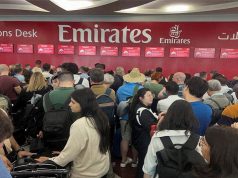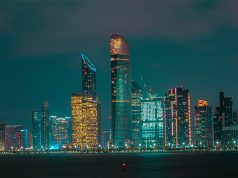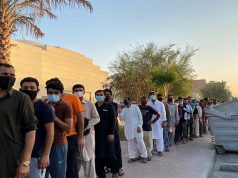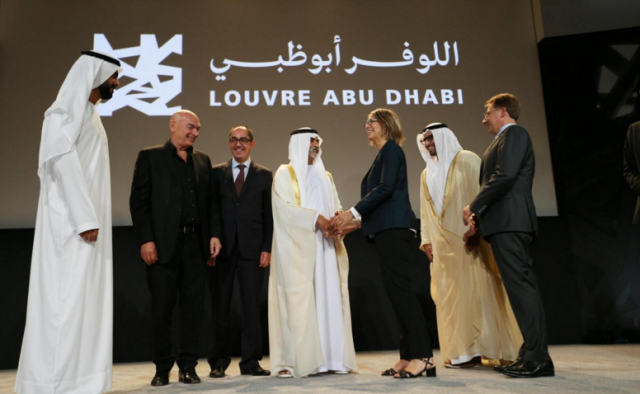
ABU DHABI (Reuters)—More than 600 artworks from around the world will go on display at the Louvre’s gallery in Abu Dhabi on November 11, a project that hopes to draw millions of visitors a year to the capital of the United Arab Emirates.
The waterfront gallery will display pieces from pre-history to the contemporary era. Besides Middle Eastern artifacts and paintings, it will include works by artists such as Paul Gauguin, Pablo Picasso, and Cy Twombly.
French officials said on Wednesday no restrictions had been placed on art in the collection, which will include nude figures, Islamic and Christian art and representations of deities from Asia.
“We had a carte blanche for the acquisitions in all domains,” said Jean-Francois Charnier, scientific director of Agence France-Museums. “You have nude statues in the museum, contemporary paintings. You also have religious images from all religions.”
The works will be displayed to show major stages in human development and will emphasize the links between different cultures, he said.
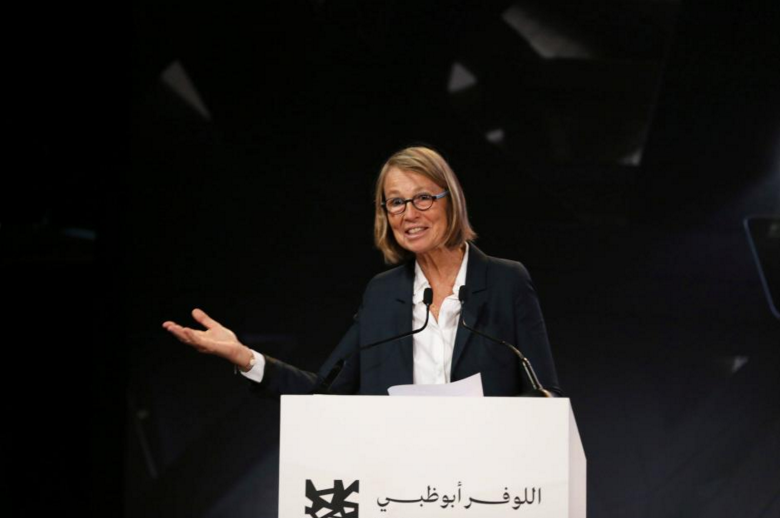
“We will show, with a Chinese work and an Islamic one, the links, the consistencies, the similarities … the objective is to show that in history there are more links and bridges than walls.”
Major pieces include an Egyptian funeral set from the 10th century BC, a 15th century depiction of Madonna and child by Giovanni Bellini and a 1878 Turkish painting titled “A Young Emir Studying” by Osama Hamdy Bey.
They will be housed in a series of white buildings topped by a cross-hatched steel dome designed by French architect Jean Nouvel to let in shafts of light.
“At a time when some forces are attacking history by destroying works, taking our heritage hostage, this is an essential act,” French Culture Minister Francoise Nyssen said. “It is civilization responding to barbarity.”
UAE officials did not disclose the cost of the project, first announced 10 years ago and originally scheduled to open in 2012. The state-owned Tourism Development and Investment Company, the developer of the project, was scheduled to hand over the museum to Abu Dhabi’s Tourism and Culture Authority in mid-2016. The handover was delayed by pending construction work.




